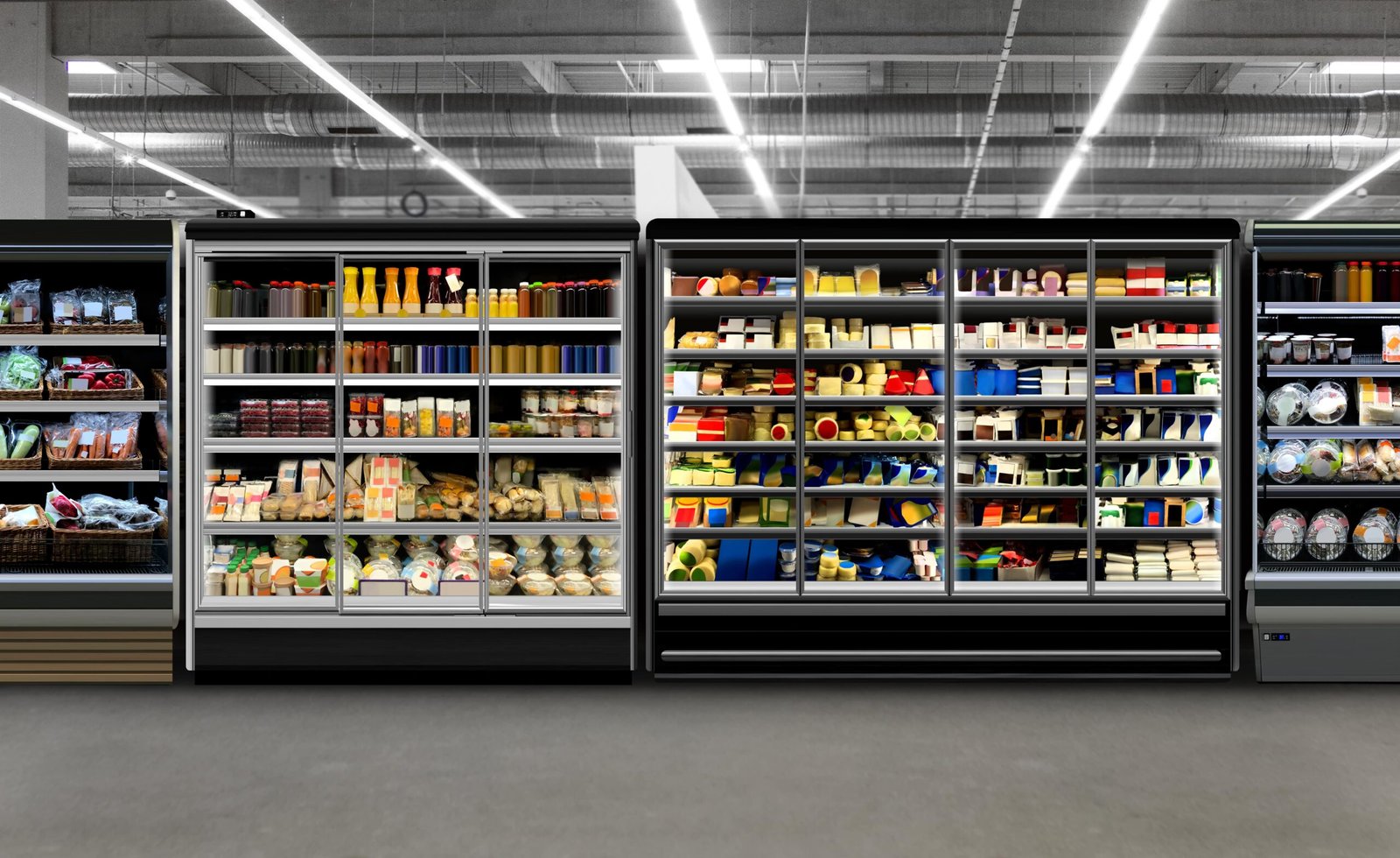In the world of modern businesses, particularly those in food service, retail, and healthcare, reliable refrigeration systems are indispensable. Commercial coolers, freezers, and replacement compressors play a critical role in preserving product quality, maintaining safety standards, and ensuring operational efficiency. Whether you’re running a bustling restaurant, managing a grocery store, or operating an industrial facility, understanding these essential components can help you make informed decisions and avoid costly disruptions.
Why Commercial Coolers and Freezers Are Essential
- Preservation of Perishable Goods
Commercial coolers and freezers provide the controlled environments necessary to keep perishable goods fresh and safe. They ensure that products like food, beverages, and pharmaceuticals maintain their quality, preventing spoilage and reducing waste. - Compliance with Health and Safety Regulations
Many industries, particularly food service and healthcare, must adhere to strict regulations regarding storage temperatures. Reliable refrigeration systems help businesses meet these standards, avoiding penalties and ensuring consumer safety. - Operational Efficiency
Modern commercial coolers and freezers are designed for energy efficiency, durability, and easy maintenance. These features help businesses save on energy costs and minimize downtime caused by equipment failure.
The Importance of Compressors in Refrigeration
At the heart of every refrigeration system is the compressor, often referred to as the “engine” of the system. Compressors play a vital role by:
- Regulating Temperature
Compressors work by compressing refrigerant gases, which then circulate through the system to absorb and release heat. This process is what keeps the interior of a cooler or freezer at the desired temperature. - Ensuring Energy Efficiency
Advanced compressor technology has significantly improved the energy efficiency of refrigeration systems, helping businesses lower their operational costs while reducing their environmental footprint. - Extending the Life of Equipment
A high-quality compressor can enhance the performance and longevity of your refrigeration system. When a compressor is well-maintained or replaced with a reliable model, it can prevent costly breakdowns and extend the life of the entire system.
Signs It’s Time to Replace Your Compressor
Even with regular maintenance, compressors can wear out over time. Here are some common signs that your compressor might need replacement:
- Inconsistent Temperatures: If your cooler or freezer can’t maintain a stable temperature, it could indicate compressor issues.
- Unusual Noises: Loud or strange noises often signal mechanical problems inside the compressor.
- Increased Energy Bills: A failing compressor might work harder to cool, consuming more energy and driving up costs.
- Frequent Breakdowns: If you’re spending more time and money on repairs, a replacement compressor might be a more cost-effective solution.
Choosing the Right Replacement Compressor
When it comes to replacing a compressor, selecting the right model is critical to ensure compatibility and efficiency. Here’s what to consider:
- System Compatibility
Make sure the replacement compressor is compatible with your existing cooler or freezer system. Consult with a professional if you’re unsure. - Energy Efficiency
Look for energy-efficient compressors that can reduce operating costs and minimize environmental impact. - Trusted Brands
High-quality compressors from reputable manufacturers offer better reliability and performance. - Professional Installation
Always have a qualified technician handle the installation to ensure the compressor functions correctly and efficiently.
Tips for Maintaining Commercial Coolers and Freezers
Proper maintenance of your refrigeration equipment can extend its lifespan and improve performance. Here are some tips:
- Clean Regularly
Dust and debris can accumulate on condenser coils and reduce efficiency. Regular cleaning helps prevent this. - Check Seals and Gaskets
Ensure that door seals and gaskets are in good condition to prevent cool air from escaping. - Monitor Temperatures
Use a thermometer to regularly check that your cooler or freezer maintains the appropriate temperature. - Schedule Routine Inspections
Professional inspections can identify and resolve potential issues before they lead to costly repairs.
Conclusion
Commercial coolers, freezers, and compressors are vital assets for businesses that rely on refrigeration. By understanding their roles, recognizing the signs of wear, and ensuring regular maintenance, businesses can safeguard their operations and maintain product quality.
For businesses in need of reliable replacement compressors or high-quality commercial coolers and freezers, investing in trusted brands and professional services ensures optimal performance and peace of mind.











